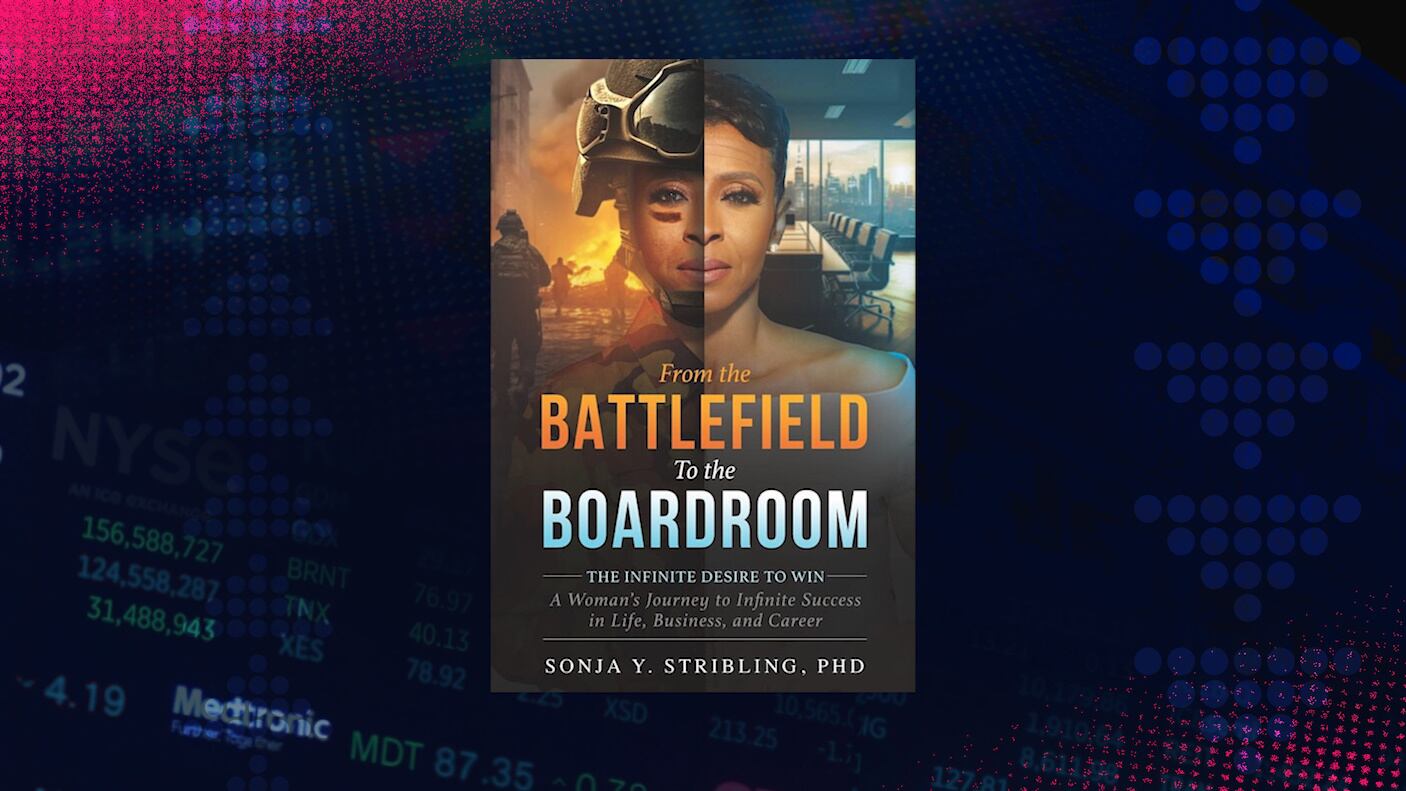By Lauran Neergaard
Pfizer is enrolling healthy adults to test a reformulated COVID-19 vaccine that matches the hugely contagious omicron variant, to see how it compares with the original shots.
Pfizer and its partner BioNTech announced the study on Tuesday.
COVID-19 vaccine-makers have been updating their shots to better match omicron in case global health authorities decide the change is needed.
Omicron is more likely than previous variants to cause infection even in people who’ve been vaccinated, but it’s not yet clear that a change to the vaccine recipe will be ordered. Among the issues regulators are weighing: Some of the first places to face an omicron surge already are seeing the mutant wane — and there's no way to know if the next variant that arises will resemble omicron or be totally different.
The original vaccines still offer good protection against severe illness and death. Studies in the U.S. and elsewhere have made clear that adding a booster dose strengthens that protection and improves the chances of avoiding even a milder infection.
“We recognize the need to be prepared in the event this protection wanes over time and to potentially help address omicron and new variants in the future,” Kathrin Jansen, Pfizer’s vaccine research chief, said in a statement.
The new U.S. study will include up to 1,420 volunteers ages 18 to 55 to test the updated omicron-based shots for use as a booster or for primary vaccinations. Researchers will examine the tweaked vaccine’s safety and how it revs up the immune system in comparison to the original shots.
Full study results will take many months as volunteers receive multiple vaccine doses — and as researchers measure how long virus-fighting antibodies remain at high levels after an omicron-adapted dose versus the regular booster.
Pfizer’s CEO told CNBC earlier this month that the company could have some omicron-matched doses ready as early as March. But doing what the company calls “at-risk” manufacturing doesn't mean those doses will be rolled out to the public. Pfizer and other vaccine makers also have brewed and tested experimental doses to match previous variants, changes that ultimately weren’t needed but offered valuable practice at tweaking the recipe.
For the new study, one group of about 600 volunteers who received two doses of the current Pfizer vaccine three to six months ago will receive either one or two omicron-based shots as boosters. Another 600 who have already gotten three regular doses of the Pfizer vaccine will be given a fourth dose of either the regular vaccine or the omicron-matched version.
The study also will enroll some unvaccinated volunteers who will receive three doses of the omicron-based vaccine.
Pfizer plans to produce 4 billion vaccine doses in 2022, and said Tuesday the amount isn’t expected to change if an omicron-adapted version is needed.
___
The Associated Press Health and Science Department receives support from the Howard Hughes Medical Institute’s Department of Science Education. The AP is solely responsible for all content.
Updated on January 25, 2022, at 11:17 a.m. ET with the latest details.












